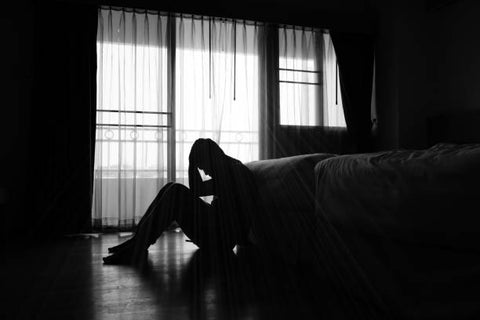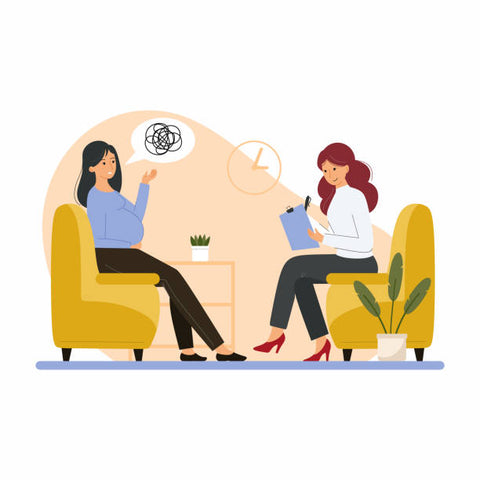What is depression?
Depression is a mental health disorder characterized by persistent sadness and low mood, loss of interest or pleasure in activities, changes in appetite or weight, disturbed sleep and fatigue, feelings of worthlessness or guilt, difficulty thinking or concentrating, and thoughts of death or suicide.

Supporting a friend or family member dealing with depression requires empathy, patience, and understanding. Here are steps you can take to help:
-
Educate Yourself: Learn about depression to understand what your friend or family member is going through. Knowing the symptoms, causes, and treatments can provide valuable insights into their experiences.

-
Offer Your Support: Let them know you're there for them and that you care. Create a safe space for them to open up without judgment. Be patient, attentive, and actively listen when they're ready to talk.

-
Encourage Professional Help: Gently suggest seeking professional help. Offer to help them find a therapist, counselor, or psychiatrist. Assure them that seeking professional assistance is a positive step towards recovery.

-
Be Present: Spend time with them without pressuring them to talk. Engage in activities they enjoy or simply offer companionship. Sometimes, your presence itself can be comforting.

-
Provide Practical Support: Offer practical help, such as assisting with daily tasks or errands if they're finding it difficult to manage. Small gestures like cooking a meal or doing chores can make a significant difference.

-
Encourage Healthy Habits: Encourage them to maintain a healthy lifestyle by eating nutritious meals, exercising, and getting enough sleep. Small changes in habits can positively impact their mood.

-
Avoid Judgment: Refrain from making comments that minimize their feelings or suggest they should "just snap out of it." Depression is a complex condition, and offering understanding and support is crucial.

-
Check-in Regularly: Depression can be isolating. Check in on them regularly, even when they seem okay. A simple text or call to let them know you're thinking of them can mean a lot.

-
Set Boundaries for Yourself: Supporting someone with depression can be emotionally challenging. Ensure you set boundaries to take care of your own mental health. Seek support from other friends or professionals if needed.

-
Be Patient: Recovery from depression takes time. Avoid expecting quick fixes or immediate changes. Be patient and continue offering your support consistently.
Remember, while your support is invaluable, you're not a replacement for professional help. Encouraging them to seek therapy or medical assistance is crucial for their long-term well-being. Your care, empathy, and encouragement can play a significant role in their journey toward healing.
Author: Mahima Sharma












